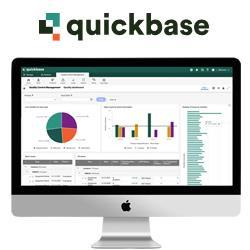Workshop tackles biological hydrogen production
The results of a two-day workshop on hydrogen production through biological and artificial systems now is available.
Golden, Colo., Oct. 21, 2003 - The results of a two-day workshop on hydrogen production through biological and artificial systems now is available at http://www.afosr.af.mil/completedw.htm.
The workshop, sponsored by the Air Force Office of Scientific Research and hosted jointly by the U.S. Department of Energy's (DOE) National Renewable Energy Laboratory (NREL) and the Air Force Research Laboratory (AFRL), included key scientists from the Air Force, NREL, DOE, other national labs, academia, industry, and other federal agencies.
The primary objective of the workshop was to define the future role of biotechnology, biomimetic chemistry and artificial photosynthesis in the development of innovative hydrogen-production technologies.
Research into the sustainable production of hydrogen is crucial to the nation's future, as the country moves towards energy independence and away from fossil fuels. A better understanding of the organisms and biological processes that produce hydrogen naturally could lead to sustainable methods of producing hydrogen from sunlight and water. These might include totally artificial processes that mimic biology.
The workshop participants also identified important scientific challenges and a set of short and long-term goals for research relating to the production of hydrogen.
NREL is managed by Midwest Research Institute, Battelle and Bechtel. In addition to its work in sustainable hydrogen production, the lab is a leading center for research into plant- and waste-derived fuels and chemicals, solar power, wind energy, advanced vehicle systems, and geothermal energy. More on DOE's hydrogen program can be found at http://www.eere.energy.gov/hydrogenandfuelcells/
Featured Product

Quickbase: The first application platform built for dynamic work
By connecting everything through a single source of truth, the Quickbase platform helps businesses mitigate risk, reduce waste, and cut down on unexpected costs. With automated workflows and granular permissions, the right people will have access to the right information.
